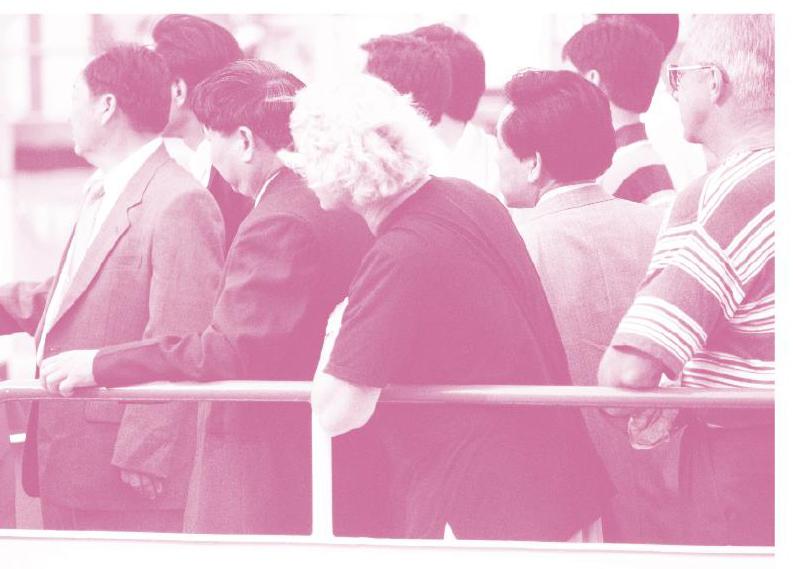请远离我的个人空间!
2020-05-19



It happens all the time—you are standing on a bus, listening to music, when you feel someones breath on the back of your neck. You think to yourself: Is this person getting too close to me?
The answer is yes. Everyone has a sense of personal space. But how big is this space?
According to a new study, the size of the space is different for different people, but generally it is between 20 to 40 centimeters in front of the face, reported Los Angeles Times.
In the study, researchers from University College of London asked volunteers to hold their hands at different distances from their face. They then gave them an electric shock on their hand while measuring how often the volunteers blinked. The more they blinked, the more of a threat they felt the shock was to their face.
The results among volunteers were a little different, but the average personal space was 20 to 40 centimeters. Researchers also found that the more anxious a person was, the larger their personal space was because they were more sensitive.
Besides psychological factors, culture is also thought to be able to change your personal space. For example, a person who grows up in a country where people hug a lot has less of a problem with strangers getting too close than a person who grows up in one with more distance between people.
Peoples senses of personal space also depend on the environments they are in. “If you are chatting to someone in your living room, you wont have a large safety margin at all,” explained researcher Gian Domenico Lannetti. “But if you are walking through a dangerous area, then that will be much bigger.”
Sadly, sometimes people just dont understand the idea of personal space and keep getting into yours. Whenever that happens, rather than trying to step backwards, researchers suggest that you “create a new space” by turning to wave at someone passing by or to get something out of your bag.
這种情况时有发生——你站在公交车上正听着音乐,突然感觉到他人的鼻息喷到了你的脖子后侧。你会想:这人是不是离我太近了?
答案是肯定的。每个人都有自己的个人空间感。但这个空间究竟有多大呢?
据《洛杉矶时报》报道,一项新研究表明,对不同人而言,个人空间大小也有所不同,但大体上都在自己面前的20—40厘米。
研究中,来自伦敦大学学院的研究人员让志愿者在自己面前不同距离处抬手,然后电击志愿者的手,测量他们眨眼的频率。眨眼的频率越高,说明他们认为电击对自己面部的威胁程度越高。
志愿者们的实验结果有细微差别,但个人空间大小平均都为20—40厘米。研究人员还发现,越焦虑的人,个人空间范围越大,因为他们更加敏感。
除了心理因素,文化也被认为能够影响个人空间的大小。比如,有的国家人际距离较大,和成长于这些国家的人相比,在经常拥抱的国家中长大的人不会对陌生人靠得太近而感到太困扰。
此外,人们的个人空间感也取决于周遭环境。“如果你和他人在自家客厅里聊天,你的安全界限不会那么大。”研究者吉安·多梅尼科·伊恩内蒂解释称,“但如果你正经过一片危险地区,安全界限就会大多了。”
遗憾的是,有时候一些人就是不明白个人空间的概念,不断地闯入你的个人空间。每当这种情况发生时,研究人员建议,不要试图往后退,而是通过向路过的人招手打招呼,或者从包里拿东西来“创造一个新空间”。
